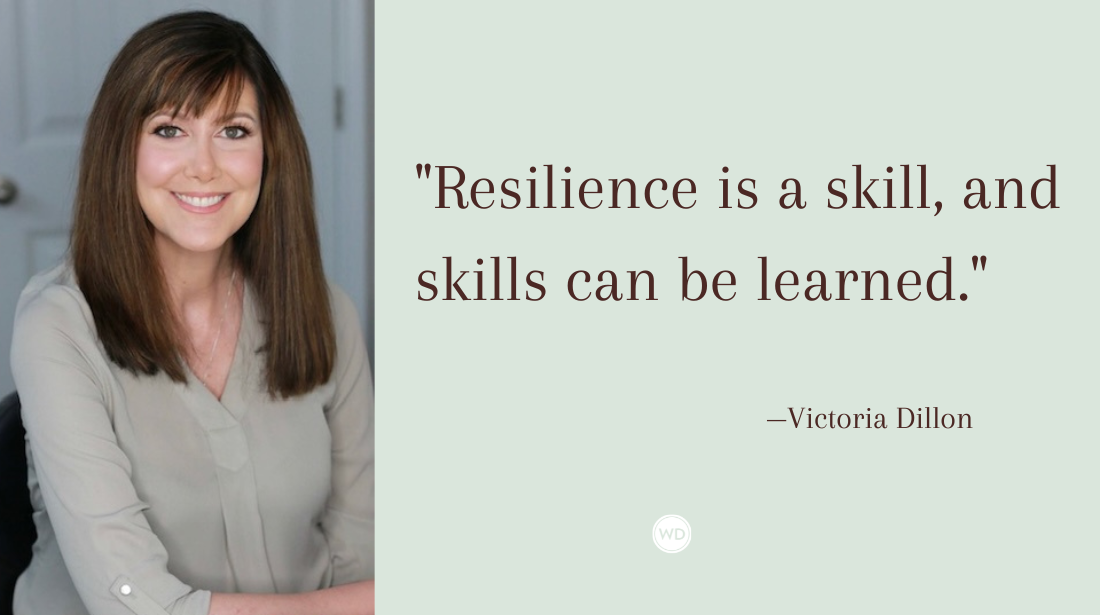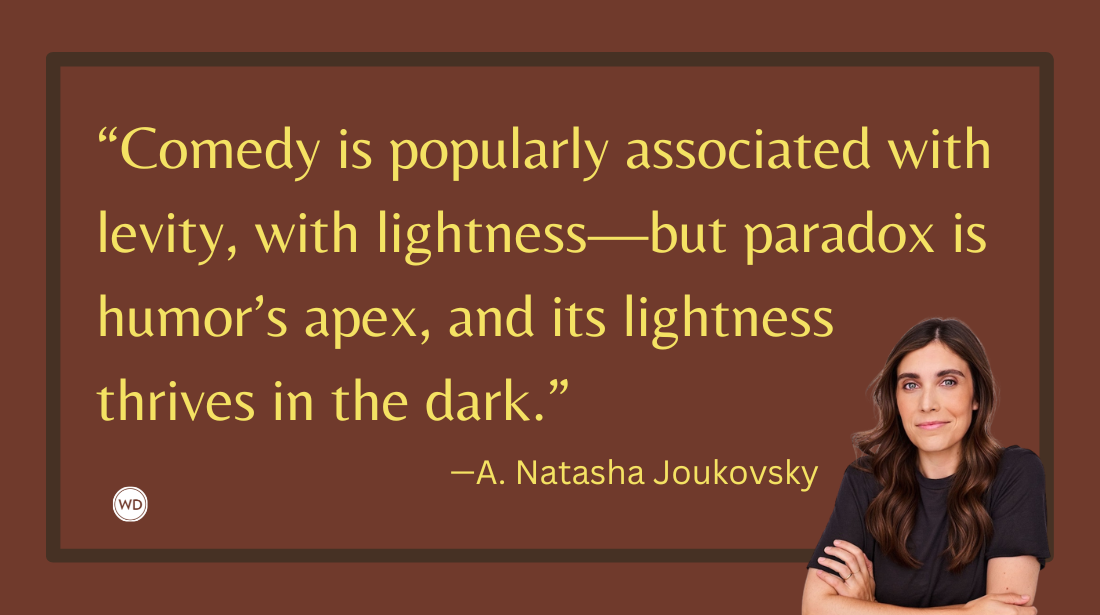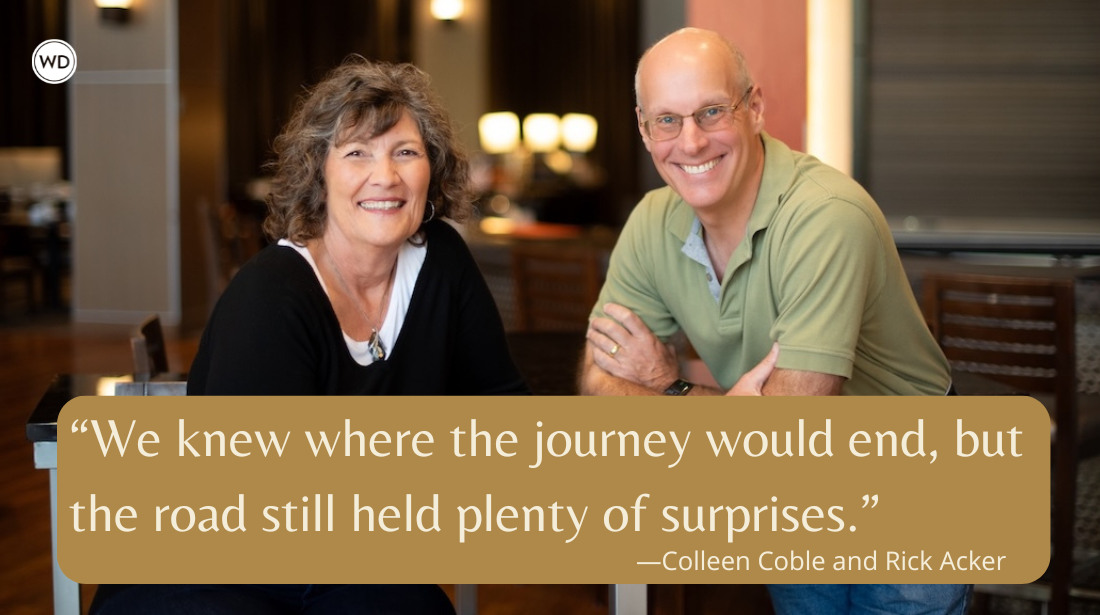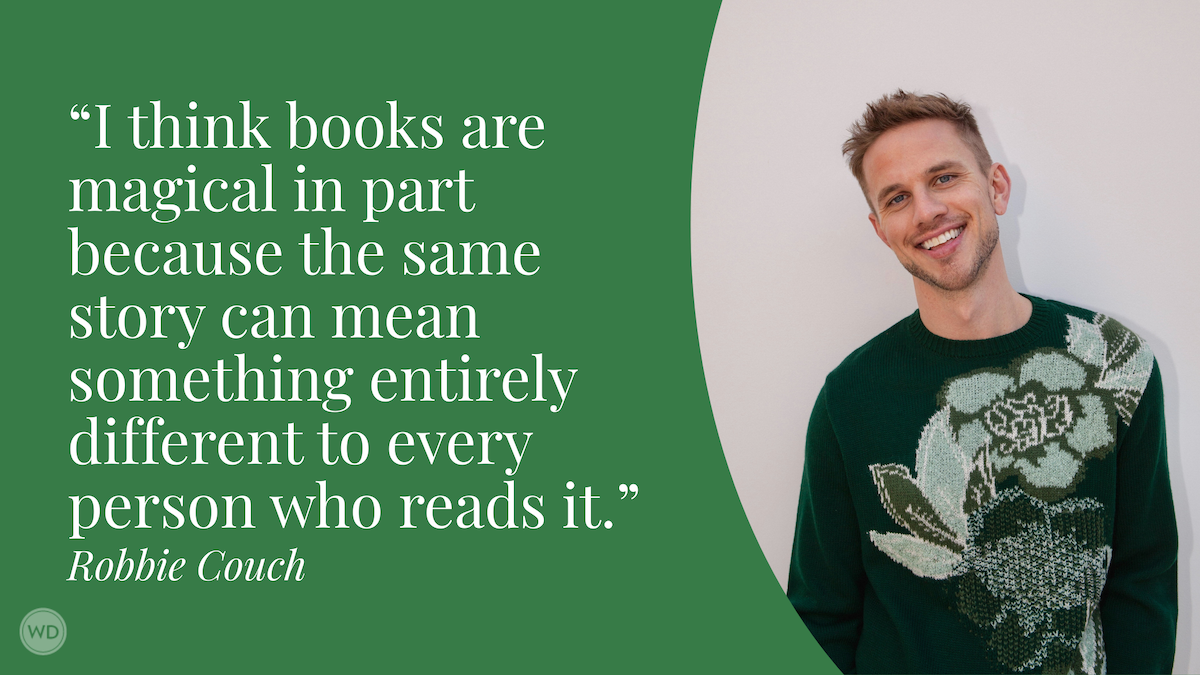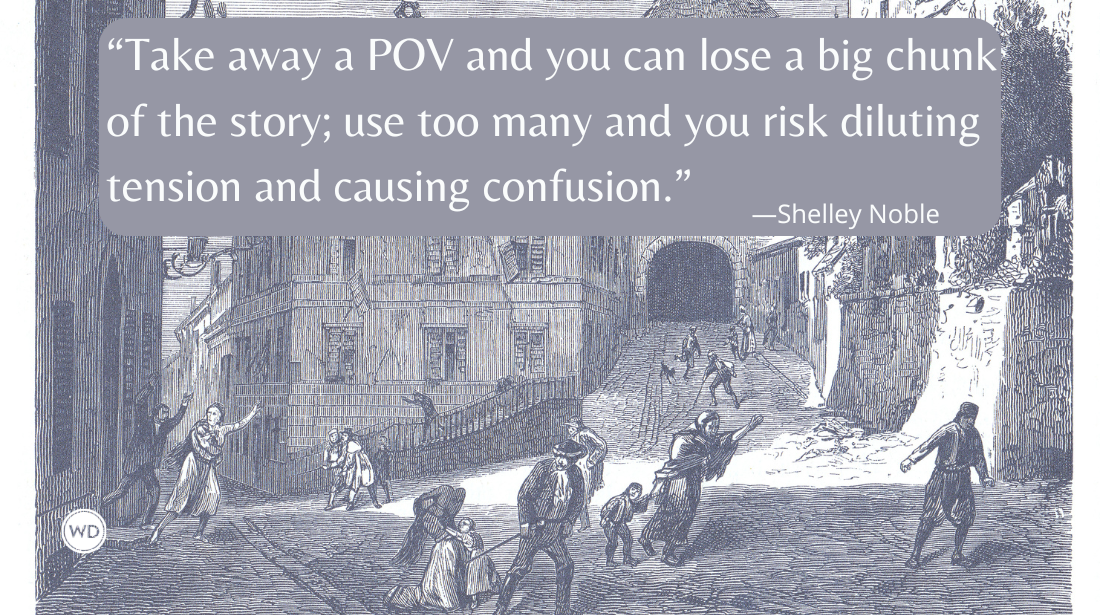Chana Porter: On Writing About Pleasure
Author Chana Porter discusses how her new science fiction novel, The Thick and the Lean, went from short story to novella to novel.
Chana Porter is a playwright, teacher, MacDowell fellow, and cofounder of The Octavia Project, a STEM and writing program for girls, trans, and nonbinary youth that uses speculative fiction to envision greater possibilities for our world. She lives in Los Angeles, California, and is also the author of The Seep, a finalist for the Lambda Literary Award. Find her on Instagram.
In this post, Chana discusses how her new science fiction novel, The Thick and the Lean, went from short story to novella to novel, and more!
Name: Chana Porter
Literary agent: Sarah Bolling, The Gernert Company
Book title: The Thick and the Lean
Publisher: Saga Press
Release date: April 18, 2023
Genre/category: Science Fiction
Previous titles: The Seep
Elevator pitch for the book: In Lambda Award finalist Chana Porter’s highly anticipated new novel, an aspiring chef, a cyberthief, and a kitchen maid each break free of a society that wants to constrain them. A startling fable of the entwined perils of capitalism, body politics, and the stigmas women face for appetites of every kind, Chana Porter’s profound new novel explores the reclamation of pleasure as a revolutionary act.
What prompted you to write this book?
The idea came as a short story. What if there was a world where food pleasure was taboo but sexual pleasure was public, mundane? This seized me and wouldn’t let me go.
It felt like the perfect way to dig into the twisted labyrinth that was growing up in 1990s diet culture, where my appetites, be it for food or sex, felt shamed or regulated by larger cultural forces. I kept imagining what this taboo switch would do to our culture—our churches, our TV shows, our museum exhibitions, and of course, restaurants. I followed the thread.
How long did it take to go from idea to publication? And did the idea change during the process?
I began writing in fall of 2016. It grew as a matter of listening to the world of the story. The story wanted to be bigger. It expanded first into a novella, then into a novel. The core of the short story is still there.
Were there any surprises or learning moments in the publishing process for this title?
I worked with my editor Amara Hoshijo on The Seep as well. During this process she moved from the wonderful indie press Soho Press to Saga Press at Simon & Schuster, so that was a big change.
Blessedly, Saga wanted the book, and Amara and I were able to stay together. I have such a strong team at Saga. I feel very lucky.
Were there any surprises in the writing process for this book?
Many! I like to develop projects over several years, but I work on a few projects at a time. So, I tend to work hard on a draft, put it in a drawer, then start something else. When I go back, the project always reveals new things to me.
For example: In The Thick and the Lean, both of my main characters get their hands on a banned book, The Kitchen Girl, a memoir/cookbook written by a kitchen maid 1,000 years ago. But upon revising, I realized that I needed to actually fold in chapters from The Kitchen Girl, not just have the characters talk about it.
So, I began to write the book within the book, which was very fun because it’s quite different in terms of setting and tone. It’s set in a castle, a first-person confession of a young kitchen maid as she tries to take control of her life in a political climate she doesn’t understand. It’s also sexy and exciting, and thoroughly surprised me.
What do you hope readers will get out of your book?
In some ways, I wrote this book as a love letter and apology to my own body. Recovering from disordered eating is a long road. In a way, it’s never really over—it’s not like you can get sober from food, and diet culture is all around us.
But my personal eating disordered past is connected to our food systems—our histories and our present moment. The Thick and the Lean connects diet culture to colonialism, land rights, labor, debt, corporate greed, citizenship, and climate change.
My ardent wish that this book, in its small, imperfect way, can help us imagine more equitable, just, and abundant possibilities for all people in our world and for our beautiful Earth who gives us so much. It’s all connected.
If you could share one piece of advice with other writers, what would it be?
Write what you want to read, and what you enjoy writing. And actually enjoy it. Be gentle with yourself! Life is too short to get bent out of shape about it otherwise.
If you’re blocked, take a walk or a swim or a bath or pet your dog or weed your garden or cook some food. Don’t force yourself to push forward. Trust yourself enough to take breaks. Trust your project enough to listen to it. It will tell you when to start again.
Writing is a long, uncertain process, but that uncertain process is where all of the exciting development happens. That’s the magic, that’s the fun—the unknown, the mystery of it all. Editing is different from drafting, from rewriting—but it’s all enjoyable if you take the time to listen rather than force. Savor every step.




